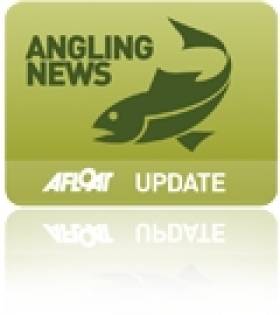Displaying items by tag: IFSA
Ireland Take Bronze in 2012 Shore Angling Worlds
#ANGLING - Ireland's shore angling team have taken the bronze medal at the 2012 World Shore Angling Championship held at Veere in the Netherlands.
Brian Cooke of the Irish Federation of Sea Anglers (IFSA) reports that the fishing was very tough over the week, with anglers casting into a shipping channel that contained tackle grabbing ledges.
The predominant species were dabs to 30cm, whiting, pouting and some lovely soles, he says, noting that the weather was very changeable, and gales combined with big tides to test the resolve of the competitors. Most fish were taken at distance and zones were won with 15-25 fish.
The Irish team improved their position each day, finishing seventh on day 1 and moving up to fifth and fourth on succeeding days.
Coming into the final session, the Irish needed to close a four-point gap on the Italian team in third, which Cooke describes as "a massive gap to overturn in this event given the quality of the opposition".
But the Irish team pulled it off, says Cooke, "using all their experience and skills to leapfrog the Italians and claim another World Championship medal for an Irish Shore team.
"The qualification pool system has certainly proved a success, this medal adding to the gold won by Ireland in South Africa in 2010," he adds. Cooke congratulated team manager Tom Lillis and the six-man squad: Martin Howlin, Joe Duggan, John O’ Brien, Derek Kenrick, Eugene Farrelly and Kieran Begadon.
























































